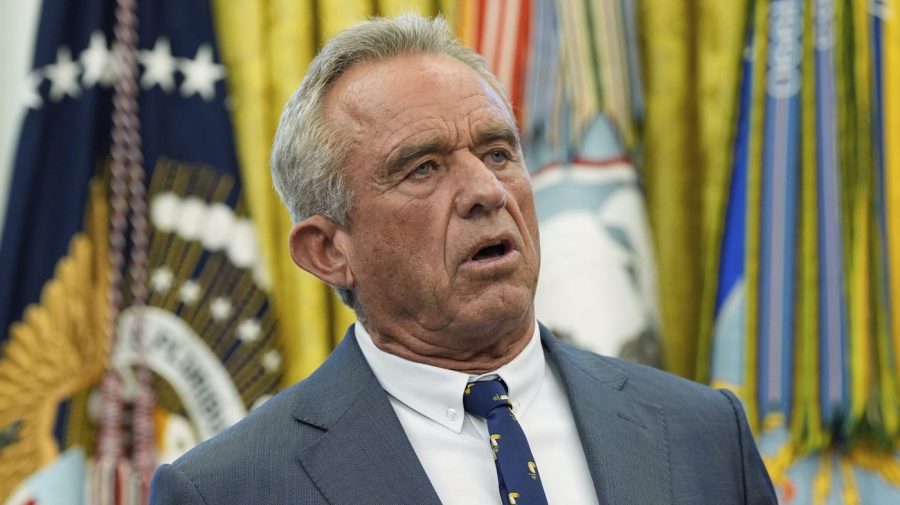The Trump administration on Wednesday announced a partnership between the National Institutes of Health (NIH) and the Centers for Medicare and Medicaid Services (CMS) that will focus on research looking into the “root causes of autism spectrum disorder.”
According to a press release, the partnership will enable research into claims data, electronic medical records and consumer wearables.
The announcement comes after Health and Human Services Secretary (HHS) Robert F. Kennedy Jr. just last month indicated plans to launch a “massive testing and research effort” into the cause of autism.
“We’re using this partnership to uncover the root causes of autism and other chronic diseases,” Kennedy said Wednesday in a statement. “We’re pulling back the curtain—with full transparency and accountability — to deliver the honest answers families have waited far too long to hear.”
Kennedy’s rhetoric on autism has been decried by stakeholders as “incredibly misleading” and “harmful.” An exact cause of the disorder is unknown, though research has long suggested the condition stems from genetic factors possibly in combination with environmental and social determinants.
The HHS chief has long been a proponent of the theory that vaccines could cause autism, though this theory is considered debunked with the Centers for Disease Control and Prevention (CDC) previously saying there was no link between preservatives in vaccines and autism.
The research partnership will draw from CMS’s Research Data Disclosure Program, looking at autism diagnosis trends over time, health outcomes from certain interventions, access to care disparities and the economic burden on families and the healthcare system.
A study published last year by Drexel University found there were 846,350 autistic Medicaid enrollees in 2016.
“Linking CMS claims data with a secure real-world NIH data platform, fully compliant with privacy and security laws, will unlock landmark research into the complex factors that drive autism and chronic disease — ultimately delivering superior health outcomes to the Americans we serve,” NIH Director Jay Bhattacharya said.

